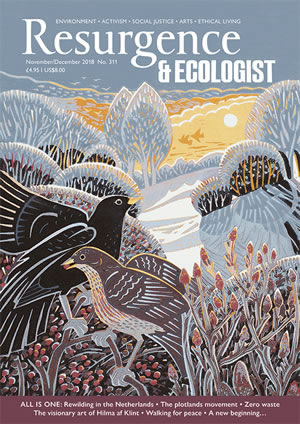Until humans took to boats, the orca had nothing to fear in the ocean. First fishermen and then the armed forces tried to wipe them out. But then, realising there was money to be made capturing them and putting them on public display, people exploited them ruthlessly. Finally the better part of human nature prevailed and they were released and protected, but not before a great deal of damage had been done.
Jason Colby’s book is both a history and a description of humans’ relationship with the orca, the ocean’s most successful predator. It is a sorry tale in many respects, showing human ignorance, arrogance and greed in equal measure before more enlightened attitudes finally gave the orca the respect the species deserved.
It is an exhaustively researched and well-written account of this process, pulling no punches in describing the motives and emotions of those involved.
It is dedicated to Colby’s father, who was involved in the capture and display of orcas and came to regret it, or, as his son put it, was “forever haunted by this story”.
Orcas, otherwise known as killer whales or, in North America, blackfish, are highly intelligent animals who live in family groups. They communicate over long distances with a complex set of whistles and protect each other, helping wounded or distressed members of the clan.
Colby’s view, and there are many examples in the book, is that the closer you get to orcas, the greater your respect for them. Their intelligence and willingness to risk their lives to help others of their kind are demonstrated time and again, often with heartrending and fatal consequences.
After humans began to capture orcas with the purpose of turning them into performing animals, whales became a valuable commodity, so it was important to keep them alive and healthy. As a result a lot was learned about the species. The more scientists understood their intelligence and scope for emotions, the more difficult it was to justify keeping them in captivity. They were certainly bright enough to learn tricks, but having done so they could decide not to perform them, effectively going on strike. This certainly demonstrated an ability to think of a way to affect their captors.
President Trump’s plans to separate illegal immigrants from their children had its equivalent in orcas when professional hunters netted families of whales and split calves up from their mothers to train them to entertain humans. To wildlife campaigners it was a cruel practice, and eventually all killer whales were released and further capture stopped.
Perhaps because of his father’s involvement, Colby is overly sympathetic to the pioneers of the capture trade with its inevitable deaths of many whales, albeit through lack of knowledge of how to care for them. But his main point is well made – if humans had not got up close to killer whales, we would never have understood them properly. Many more would have been wiped out by shooting them in a spurious attempt to protect salmon that we wanted to eat, whose numbers were going down because of overfishing and damming rivers, not because of orcas.







